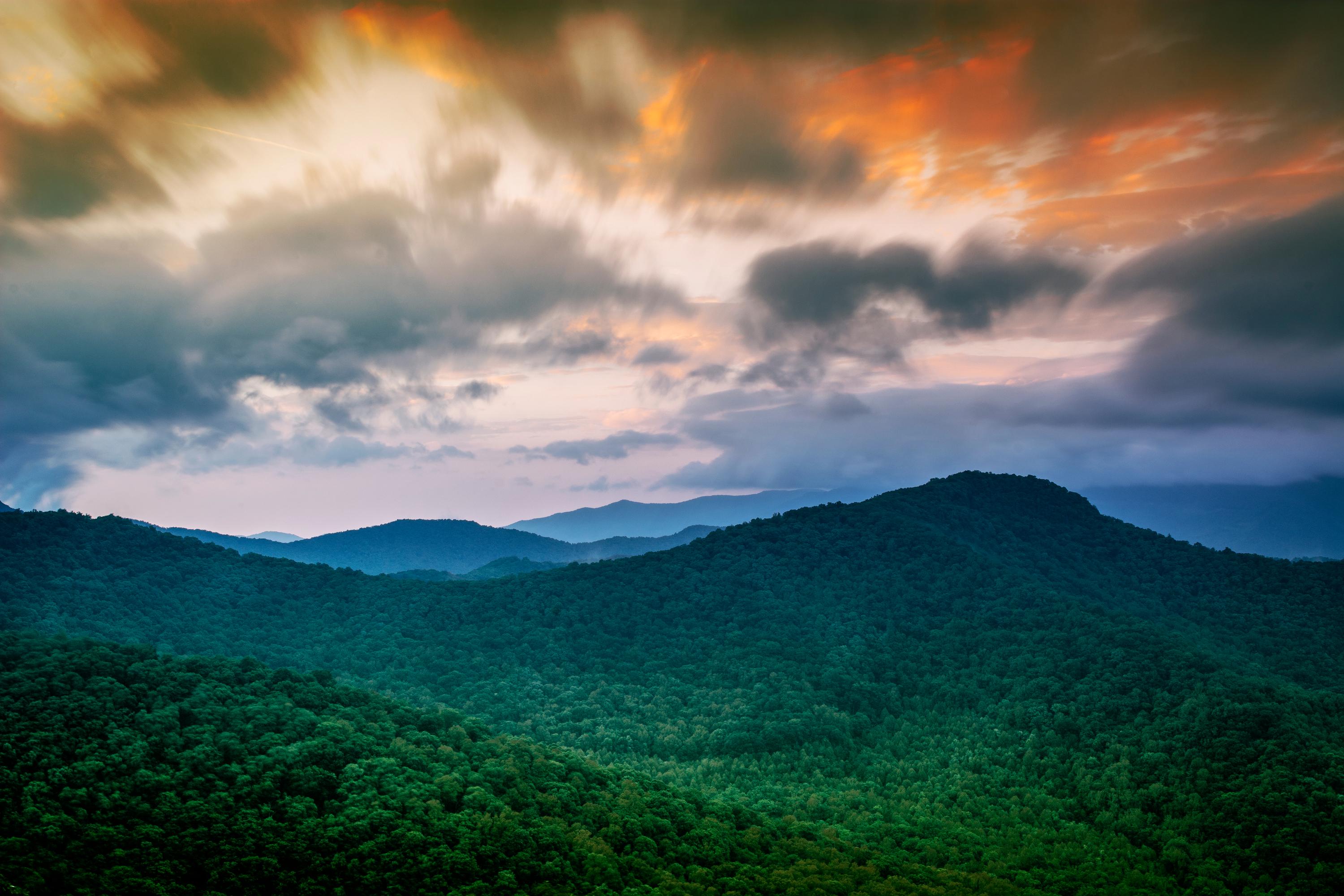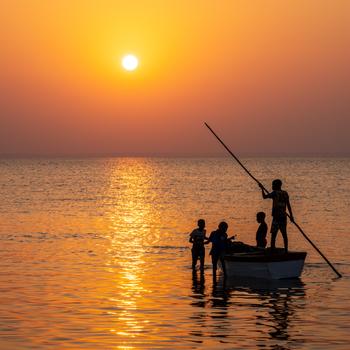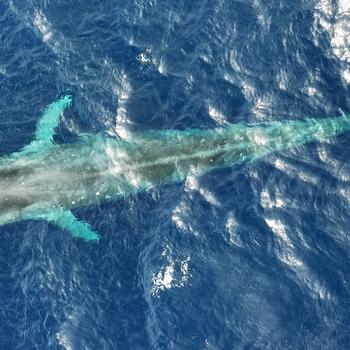Eight Amazonian nations on Tuesday agreed to create an alliance to protect the world’s largest rainforest, following decades of rising deforestation and warnings of a “tipping point” that could alter the ecosystem — and Earth’s climate.
Meeting at a summit in Brazil, the nations agreed on initiatives to conserve the Amazon rainforest, however, they were not able to agree on a common goal to end deforestation, instead leaving it up to each individual country to set its own deforestation goals, Reuters reported.
“How we remember this summit ultimately depends on what we do next,” said Rachel Biderman, who leads Conservation International’s programs in South America. “We will need to work in radical collaboration, under full transparency, to marshal resources to the region. We will have to set out specific targets, under rigid timeframes, across sectors.”
Biderman pointed to the Amazon’s many Indigenous peoples and local communities as critical allies in the effort.
“We must follow the lead of the traditional, Indigenous, African descendants, and other local communities who are guardians of the forests,” she added. “Their rights and needs must come first.”
The summit, held in the Brazilian city of Belém, was the first gathering of the Amazon Cooperation Treaty Organization in 14 years — and only the fourth in the group’s 45-year history.
Brazilian president Luiz Inácio Lula da Silva, whose country contains 60 percent of the Amazon, had advocated for a region-wide commitment to end deforestation in the Amazon by 2030 at the gathering — a pledge he has already made — but countries could not agree on a pact. Colombian President Gustavo Petro's ongoing call to end new oil exploration in the Amazon also went unanswered.
Issued at the summit, the joint Belém Declaration includes protections for Indigenous rights, as well as cooperation on various environmental efforts, such as water management, health and sustainable development, Reuters reported. Notably, leaders of the South American nations also called on developed countries to step up their efforts to halt the destruction of the Amazon.
The Amazon is rapidly approaching the dreaded tipping point that could irrevocably transform parts of the rainforest into a dry savanna. Experts warn that could set off catastrophic consequences, including the destruction of Indigenous cultures and Amazonian livelihoods, and a massive loss of biodiversity.
Research by Conservation International and partners has found there is no path to a climate-safe future without preventing deforestation and other destructive activities in the forests of the Amazon.
Looking forward, Biderman said, “there is no more time to waste, no more agendas to postpone, no more cans to kick. Anything short of immediate, transformative action will leave us without standing forest, imperiling the health of the world and the local communities who depend upon it.”
Further reading: New report: Without nature, there is no path to a climate-safe future
Mary Kate McCoy is a staff writer at Conservation International. Want to read more stories like this? Sign up for email updates. Also, please consider supporting our critical work.



